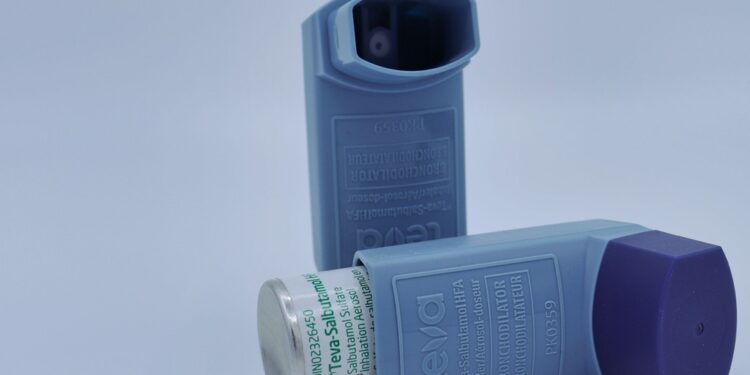Managing asthma effectively begins with understanding and adhering to prescribed medications. There are two main types of asthma medications: controller medications and reliever medications. Controller medications, such as inhaled corticosteroids and combination inhalers, are taken daily to reduce inflammation and prevent symptoms. Reliever medications, like short-acting beta agonists, provide quick relief during asthma attacks by relaxing the muscles around the airways.
Developing an Asthma Action Plan
Creating a personalized asthma action plan with your healthcare provider is crucial. This plan outlines when and how to take medications, how to monitor symptoms, and steps to take during worsening symptoms or asthma attacks. Following your action plan helps you manage asthma effectively and respond promptly to changes in your condition.
Identifying and Avoiding Asthma Triggers
Recognizing asthma triggers is essential for managing symptoms. Common triggers include allergens, respiratory infections, air pollutants, exercise, and weather changes. By identifying specific triggers and taking steps to minimize exposure, such as using air filters or avoiding outdoor activities during high pollen days, you can reduce the frequency and severity of asthma episodes.
Lifestyle Modifications
Making lifestyle adjustments can significantly impact asthma management. Maintaining a healthy weight through regular exercise and a balanced diet improves lung function and overall health. It’s important to stay active while taking precautions to avoid triggers that may exacerbate symptoms during physical activity.
Monitoring and Regular Check-ups
Regular monitoring of asthma symptoms and lung function is essential for assessing control and adjusting treatment as needed. Your healthcare provider may recommend using a peak flow meter at home to measure lung function and identify early signs of worsening asthma. Routine check-ups ensure your asthma management plan remains effective and tailored to your current needs.
Conclusion
Effective asthma management involves a multifaceted approach that includes medication adherence, personalized asthma action planning, trigger identification and avoidance, lifestyle adjustments, and regular monitoring of symptoms. By actively managing your asthma and collaborating closely with your healthcare team, you can minimize the impact of asthma on your daily life and maintain optimal respiratory health.






